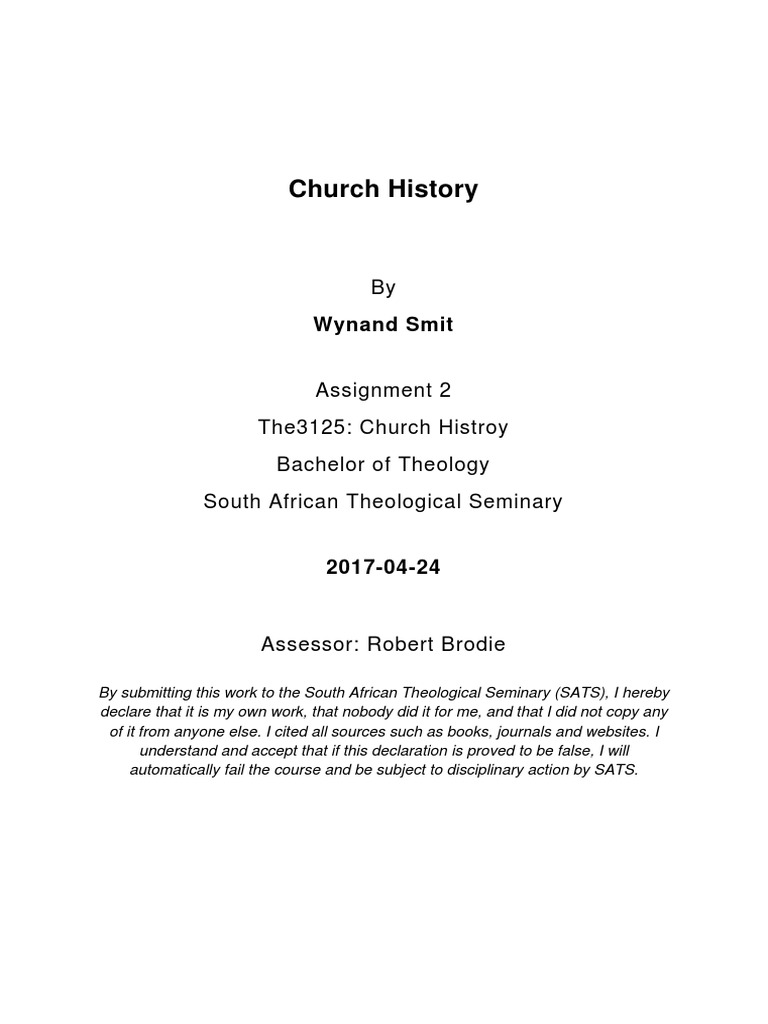When delving into the fascinating realm of Christian denominations, few can rival the vibrancy and dynamism embodied by Pentecostal churches. Often marked by fervent worship styles, charismatic leaders, and an emphatic emphasis on personal spiritual experiences, Pentecostalism has carved a significant niche within the broader tapestry of Christianity. To comprehend what constitutes a Pentecostal church requires a historical examination, an exploration of its core beliefs, and an understanding of its distinctive methods of worship.
Historical Origins
The origins of Pentecostalism can be traced back to the early 20th century in the United States, specifically the 1906 Azusa Street Revival in Los Angeles, California. Led by African American preacher William J. Seymour, this revival acted as a crucible for the emergent Pentecostal movement. It was marked by an unrestrained expression of faith, manifesting through speaking in tongues, healing, and a palpable sense of divine presence. This spontaneous outpouring of the Holy Spirit drew believers from diverse backgrounds and set in motion a movement that would transcend racial, cultural, and socio-economic barriers.
The revival at Azusa Street sparked a wildfire that spread across the nation and eventually around the globe. Pentecostalism soon became characterized by its non-denominational nature, leading to the formation of various Pentecostal denominations, such as the Assemblies of God and the Church of God in Christ, which continue to thrive today. The late 20th century witnessed a marked expansion of Pentecostalism, with it emerging as one of the fastest-growing movements within Christianity, particularly in regions such as Africa, Latin America, and Asia.
Core Beliefs
Inherent in Pentecostal theology is the belief in the continuing presence of the spiritual gifts described in the New Testament. These gifts, which include prophecy, healing, and miracles, function within the community of believers for edification and empowerment. Pentecostals advocate that the Holy Spirit actively transforms lives, instilling joy, peace, and a fervent faith that compels outreach and evangelism.
Another distinguishing belief is the emphasis on a personal, intimate relationship with Jesus Christ. Whereas some Christian traditions may stress ritual and liturgy, Pentecostals focus on direct communion with God through prayer, worship, and spiritual experience. This personal connection is frequently reinforced by testimonies of miraculous interventions, creating a culture that values personal stories of faith and transformation.
Distinctive Worship Practices
A hallmark of Pentecostal churches is their distinctive style of worship, often characterized by an enthusiastic and participatory nature. Services typically involve lively music, expressive congregational participation, and an open dialogue with the Holy Spirit. The worship experience may include contemporary praise songs, spirited singing, clapping, and dancing, creating an atmosphere that invites emotional expression and genuine connection with the divine.
Speaking in tongues plays a prominent role in worship services, with many congregants choosing to vocalize in their spiritual language during prayer or praise. This practice is often celebrated as a demonstration of faith and spiritual fervor, further enhancing the communal experience. Additionally, prophecy and healing services may be conducted, facilitating opportunities for divine intervention and affirming the belief in the active gifts of the Holy Spirit.
Moreover, sermons within Pentecostal churches are typically impassioned and dynamic, compelling the congregation to engage with the Scriptures actively. Preachers often incorporate personal anecdotes, encouraging listeners to see the relevance of biblical teachings in their lives. This participative, interactive style fosters a sense of community and shared purpose among congregants, culminating in a worship experience that is both empowering and transformative.
Challenges and Critiques
Despite its vibrancy, Pentecostalism is not without its challenges and criticisms. Detractors often point to the potential for emotionalism overshadowing doctrinal integrity. Concerns regarding the authenticity of spiritual experiences have led to debates within broader Christian circles about the legitimacy of certain practices, particularly the phenomenon of speaking in tongues. Furthermore, the decentralized nature of Pentecostalism can sometimes lead to a lack of accountability, resulting in theological diversity that may be viewed with skepticism by more traditional Christian denominations.
Additionally, as Pentecostalism continues to grow globally, there are concerns about the commercialization of faith, particularly within the context of prosperity gospel movements that equate faith with material success. This aspect may detract from the core tenets of sacrifice and service that are integral to the Christian faith.
Conclusion
What makes Pentecostal churches resonate with so many people? Perhaps it lies in their unabashed embrace of the supernatural, the empowering communal atmosphere, and the call to experience the Holy Spirit’s transformative power. In a world often marked by disconnection and despair, the Pentecostal message of hope, joy, and personal relationship with Christ continues to captivate believers and seekers alike. This phenomenon speaks to a deeper longing within humanity for intimacy with the divine and community among fellow believers, providing a glimpse into the potent and compelling nature of faith in action.



